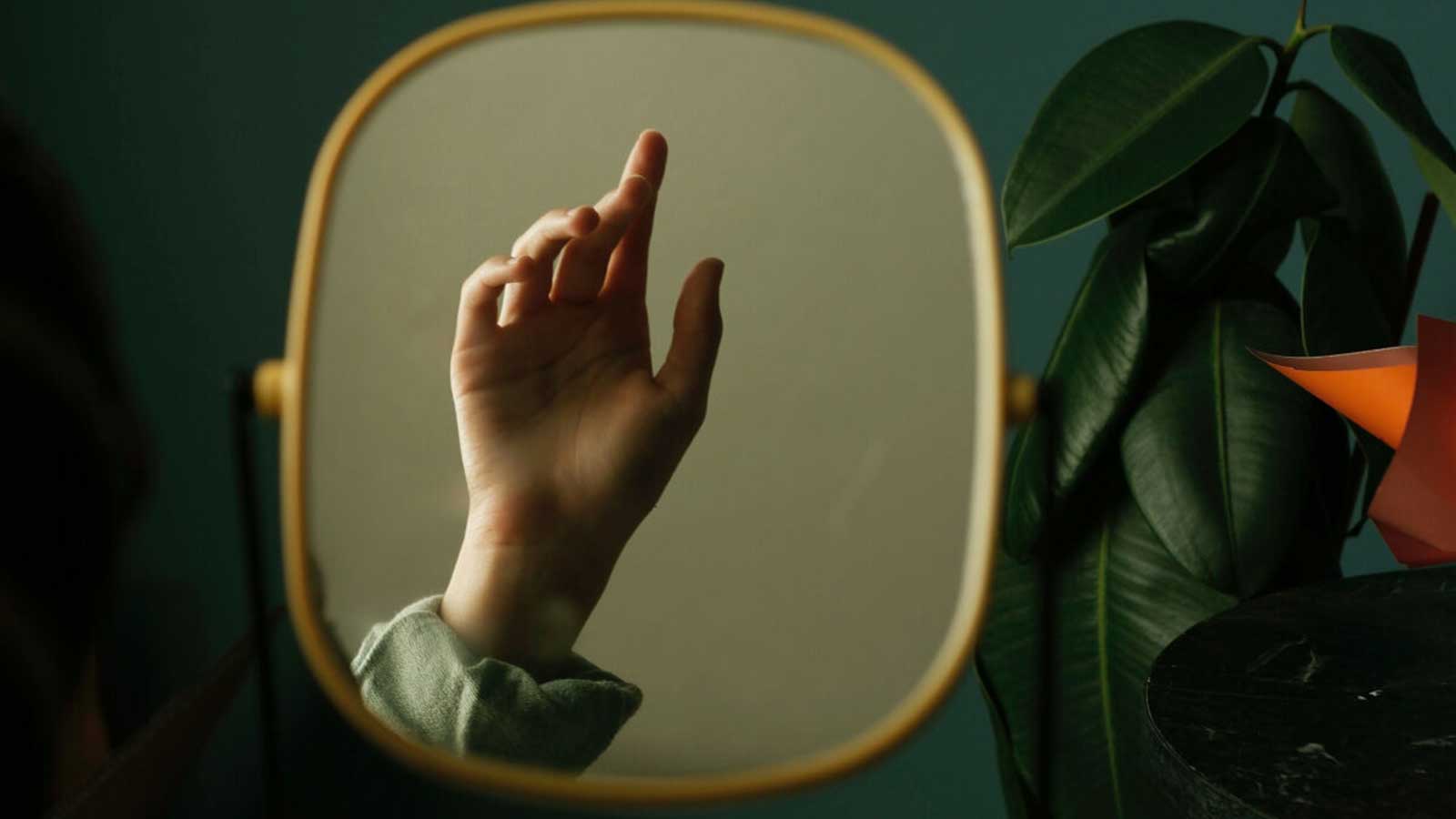
Social media and how it affects your mental health

Social media has become part of our everyday lives, for teens as well as adults. The effects of social media on mental health has been a hot topic over the years, with studies showing both positive and negative effects.
Positive Effects of Social Media on Mental Health
Youth use social media to participate in a variety of activities, including ones that can contribute to positive mental health.i A study found that three features of social media consumption influence positive mental health among youth:
- Connection with friends and their global community
- Engagement with social media content
- The value of social media as an outlet for expressionii
Meaningful Connections
Having a strong social network is associated with well-being and positive mental health.iii As face-to-face social interactions decrease, social media allows you to connect with people regardless of distance and time differences.
Psychological Well-Being
Engaging with social media content can help you feel happy, enrich self-concept, and support psychological well-being. For example, you can read feel-good content that restores your faith in humanity, making you feel positive emotions. Looking at old photos may cause you to reflect on your personal achievements, which can increase self-awareness and insight. You can also read educational content, such as content about how to improve your mental health, which can lead to psychological well-being.iv
Self-Expression
Social media offers users an outlet for personal expression, allowing you to show your personality, interests, thoughts, as more. When used to support self-expression, social media can contribute to positive mental health.v
Negative Effects of Social Media on Mental Health
Social media use can also have negative impacts on mental health. Depression, anxiety, sleep disruption, cyber bullying, and constant comparison are all risks of using social media.
Risk of Mental Health Issues
Studies show a connection between social media use and outcomes that increase incidence of stress, anxiety, depression, loneliness, and body image concerns in young adults and teenagers.vi Additionally, teens who spend more than 3 hours per day using social media may have an increased risk for mental health problems.vii
Sleep Disruption
The blue light emitted by phone screens and other electronics can make you feel alert. Using these devices to check social media at bedtime can cause you to feel energized and negatively affect your sleep.viii
Cyber Bullying
When online, people may behave in ways they wouldn’t when in person, such as bullying others or using hurtful language. These behaviors may be widely viewed or shared when they occur on social media, hurting the feelings of the person being bullied and making it tricky to minimize the impact.ix
Comparison
Social media users often post only the best aspects of their lives instead of a realistic picture of their highs and lows. Pictures online may also be digitally edited. Constantly viewing unrealistic and idealized content can make you compare yourself and your life to others and cause feelings of unhappiness.x
Don’t Be Afraid to Ask for Help
Social media can have positive and negative effects on mental health. If you’re struggling with anxiety, depression, and other mental health issues, it’s important to seek help. Connections Health Solutions is available 24/7 to treat your urgent mental health needs. Click here to find a center near you.

